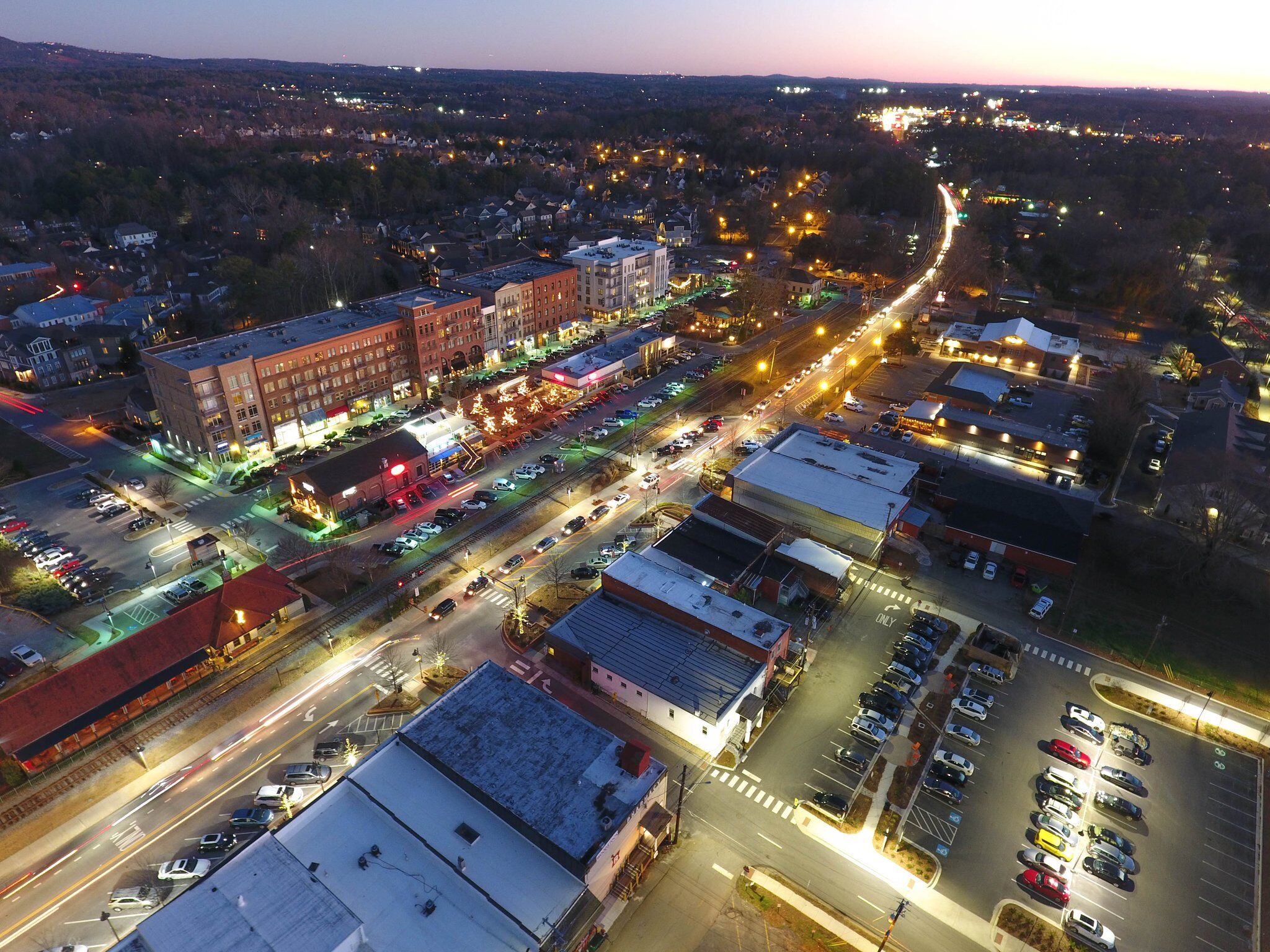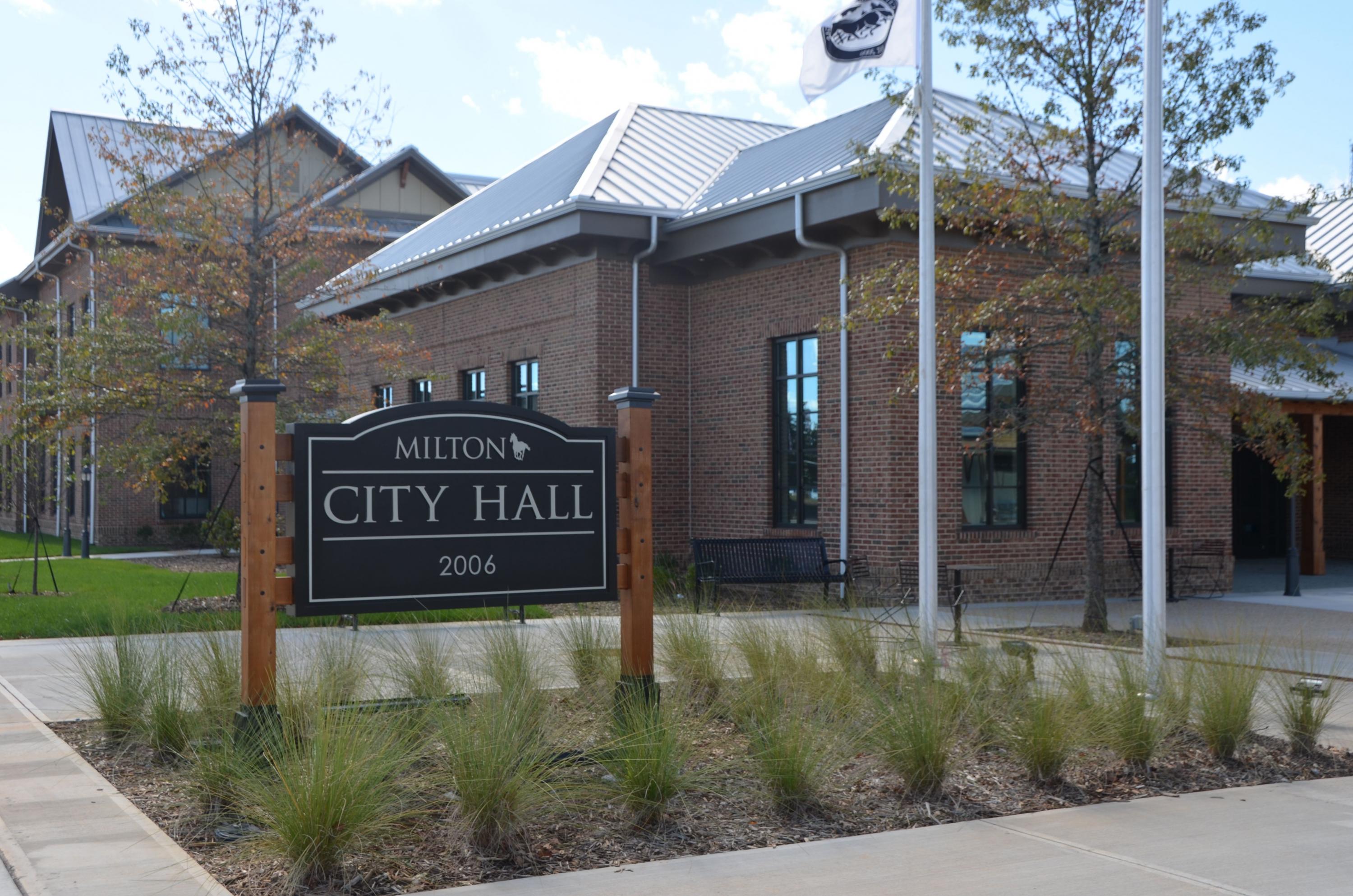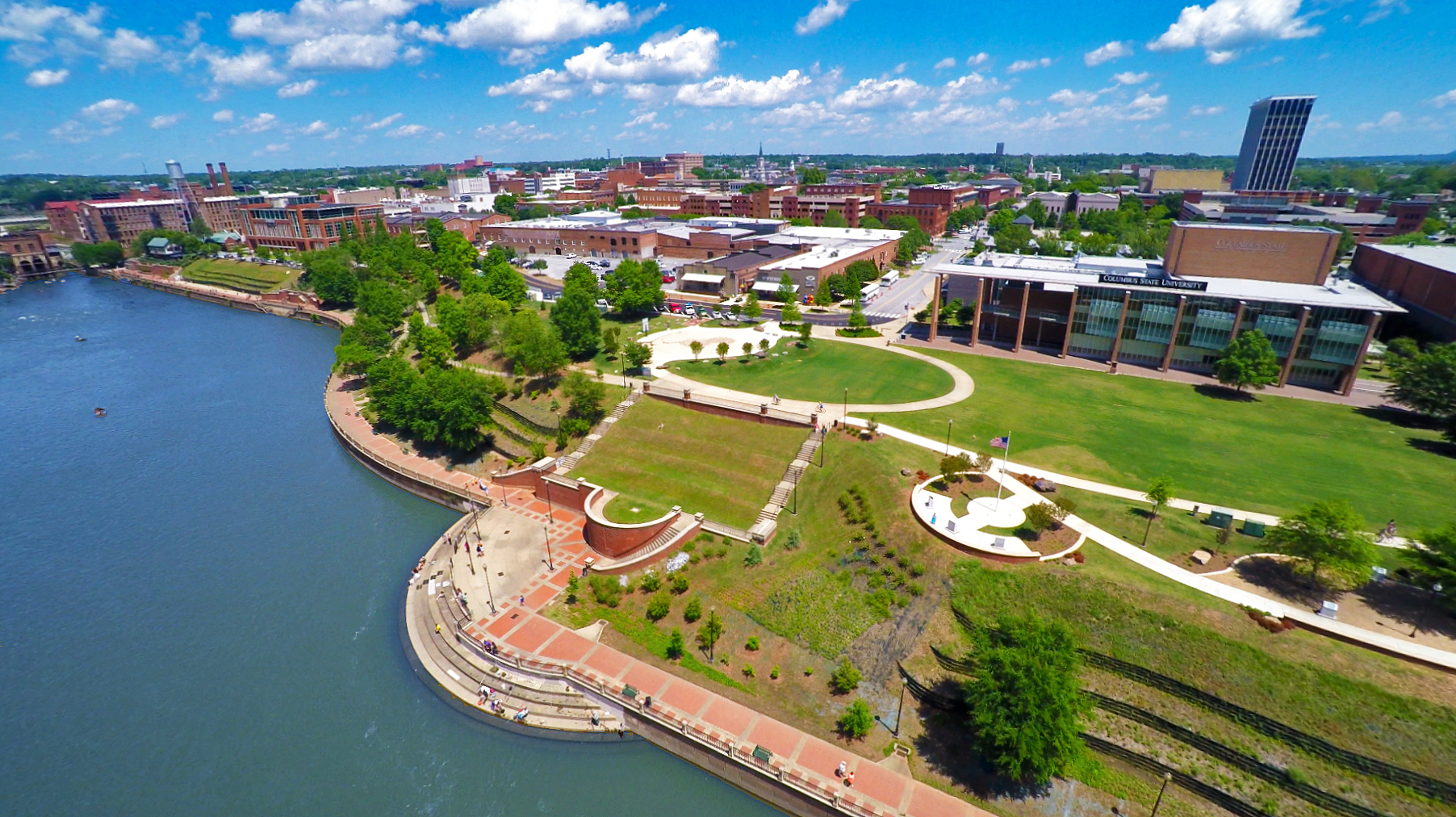
On August 16th, GA Smart hosted a virtual workshop on Funding and Financing which provided an open dialogue for the 2019 Georgia Smart communities to discuss current and future funding opportunities for their projects.
By: Ashlee Bryant and Prerana Kamat
On August 16th, GA Smart hosted a virtual workshop on Funding and Financing. The event was led by Lee Davenport, the Director of Community Development at US Ignite and Georgia Tech’s Dr. Christopher Le Dantec , Associate Professor in the School of Interactive Computing. The event provided an open dialogue for the 2019 Georgia Smart communities to discuss current and future funding opportunities for their projects.
The workshop opened with a presentation from Lee Davenport from US Ignite, a non‐profit organization accelerating the smart community movement by guiding communities into the connected future, creating a path for private sector growth, and advancing technology research that’s at the heart of smarter development. Davenport gave a brief introduction on their Smart Gigabit Communities Project which works on aspects of city efficiency, public safety, digital inclusion, resiliency and economic activity. It provides focused assistance and funding for the sustainable expansion of successful smart and connected community applications. He further presented examples of communities that have secured funding through their organization.
Following the opening presentation, project leads from the City of Woodstock, City of Milton, Columbus Consolidated Government, and Macon-Bibb County defined their proposal priority areas, decision makers and advisors, decision factors, and potential funding opportunities.
Kicking off the presentations, Woodstock Senior City Planner, Katie O’Connor discussed the Smart Woodstock Master Plan which prioritizes transportation, quality of life, safety of pedestrians and acceleration of economic development for its community, as decided through community engagement such as surveys and interviews. After outlining key decision makers, advisors, stakeholders, and funding possibilities from the city council and local government level, the City of Woodstock would like to fund a pilot project that implements illuminated crosswalks to improve pedestrian safety. In investing in passive activation illuminated crosswalks, this project will benefit the city in increasing safety for pedestrian, bike users, travel times, and the overall transportation quality of life.
The City of Milton’s project, Technology-Enabled Smarter and Safer Routes to School, was presented by Principal Planner, Michele McIntosh-Ross, who spoke about their proposed plan to implement a walking school bus app in the Fulton County School System. They hope to encourage walking to school as a solution that will have benefits to both the public health side (increased active lifestyle, increased socialization, education about safety on the road) and an overall positive impact on the community (increased amount of kids walking to school, decrease in traffic volume at peak hours, and an adaptation to multimodal transportation). After identifying possible sources of funding to implement the app, the City of Milton hopes to become a pioneer in the walking school bus app, with the long-term goal of implementing their app in multiple school systems.
In the third presentation, John M. Broom from Columbus Consolidated Government outlined their Smart Uptown project plan to bring connectivity and Wi-Fi to the uptown area of Columbus. Their goal is to bring Wi-Fi to the localized uptown area and aims to benefit many different aspects of the community, such as pedestrian safety, addressing the digital divide, and increasing enrichment in various education levels. In identifying specific advisors, decision makers and various funding sources, the Columbus Consolidated Government aims to bring Wi-Fi and connectivity to their community to make more informed, data-driven decisions that will benefit their community.
The final presentation was given by Macon-Bibb County’s GIS Manager, Joe Nabhan, who outlined their SmartNeighborhoodsMBC project whose goal is to use kiosks to bring broadband internet to underserved communities with a long-term goal to increase digital inclusion and equity. Macon-Bibb also discussed process data partnerships that would help utilize their data in beneficial ways that would help the community.
The workshop concluded with a brief discussion between Dr. Christopher Le Dante and Lee Davenport on the impact of COVID-19 on shrinking tax revenue and its long-term implication on funding opportunities for Community projects and initiatives.
The Georgia Smart Communities Challenge (“Georgia Smart”) is a funding and technical assistance program for local governments within the State of Georgia. Georgia Smart is a first-of-its-kind opportunity for communities of any size in Georgia to receive grant funding and support that enables them to envision, explore, and plan for their “smart” future. Communities will be given financial assistance, a partnership with a Georgia Tech research team, networking opportunities, and access to additional, unique resources to execute their projects. These resources include connections to industry experts and access to technology solutions provided by our provider-partners.
Additional Images


